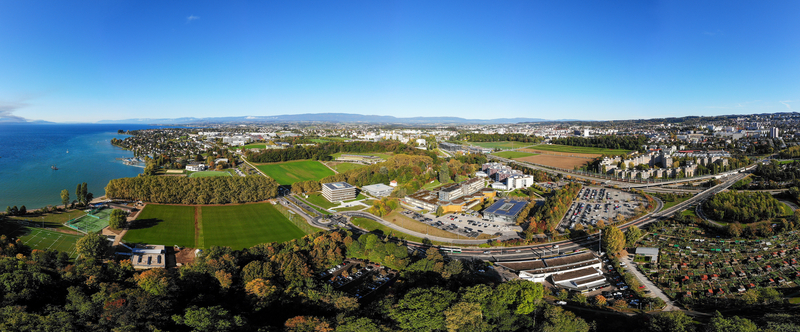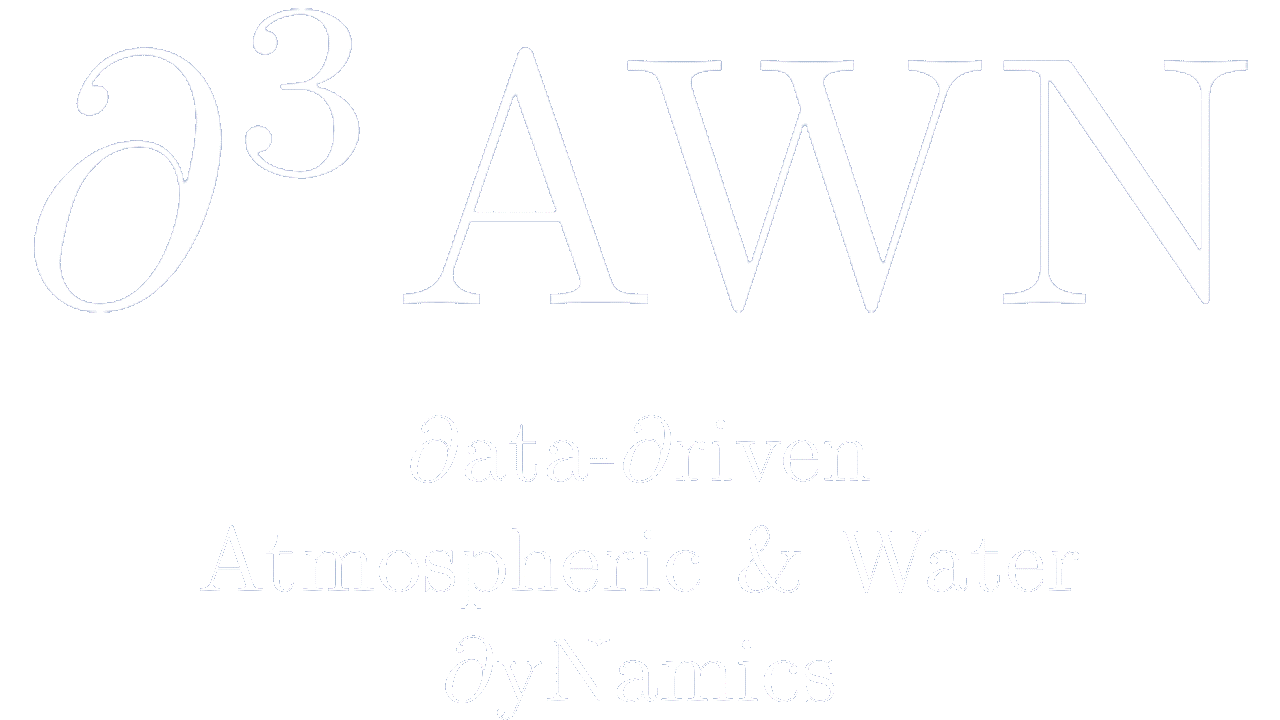
To ensure full consideration, applications should be submitted by April 5, 2024, at this link. Applications submitted after April 5 will be reviewed on a rolling basis. The desired start date is July/August 2024, with some flexibility.
Project Description:
AI4PEX (Artificial Intelligence for Enhanced Representation of Processes and Extremes in Earth System Models) is a project funded by Horizon Europe that aims to reduce uncertainties in climate projections by enhancing the representation of processes and extremes. Within AI4PEX, UNIL’s role is to lead the development of machine learning (ML)-based parameterizations for the atmosphere and participate in tasks aimed at constraining and quantifying model uncertainties using ML approaches. This will include collaboration opportunities with research groups from the institutions listed below:
• German Aerospace Center (DLR)
• University of Valencia (UVEG)
• UK Met Office
• Institut Mines-Telecom (IMT)
• Meteo France (CNRM)
While the primary focus is on the development of ML parameterizations (possible projects will be discussed in more details with pre-selected applicants), the lab will fully support successful candidates in formulating their own second project in the broad field of atmospheric modeling and machine learning with the goal of cultivating independent research skills.
Your Responsibilities:
Technical Responsibilities:
• Lead the development of ML-based parametrizations for the atmosphere, focusing on cloud feedbacks and atmosphere-ocean heat exchanges
• Participate in the advancement of ML methods for hybrid physical-statistical modeling, e.g., to incorporate physical constraints and enhance generalizability
• Contribute to the development of methods for the automatic tuning of atmospheric models and to quantify their parametric uncertainties using observational datasets
• Engage in collaborative research efforts within AI4PEX to enhance model evaluation, particularly focusing on the atmosphere
• Evaluate the impact of ML-based developments on climate model performance and contribute to the intercomparison of Earth system models through novel ML-based diagnostics
Research Dissemination and Community Engagement:
• Conduct independent, innovative, and responsible research at the interface of atmospheric science and machine learning
• Disseminate results through scientific publications and conferences
• Openly discuss research obstacles and seek advice/help in the lab
• Make your research/code open and reproducible (e.g. through Github/Gitlab/arXiv)
• Informally share research progress at the weekly lab meeting
• Engage with the AI4PEX collaborators via regular online meetings
• Actively participate in creating a collaborative and inclusive culture in the lab
Your Qualifications:
• PhD degree in atmospheric/climate science, computer science, or a closely related discipline
• Demonstrated experience in atmospheric/climate science or scientific machine learning. We welcome applicants eager to expand their expertise in these areas, with training opportunities available
• Experience in climate or Earth system modeling, ideally including experience in high-performance computing
• Experience in manipulating scientific datasets, ideally including proficiency in Python. Applicants keen to develop these skills further are encouraged
• A solid foundation in applied mathematics and physics. We appreciate a range of competencies, including but not limited to calculus, differential equations, statistics, mechanics, and thermodynamics
• Strong communication skills in English
• Enthusiasm for both atmospheric/climate science and scientific machine learning
• (Preferred but not required) Mentoring experience
• Note that proficiency in French is not required and free French courses are available at UNIL
Application documents (in PDF format):
In the interest of fairness to all applicants, incomplete applications will not be considered.
• Curriculum Vitae
• Copy of all university degree certificates
• Name, affiliation, and email address of 3 references
• Copy of two first-author research manuscripts (can include a thesis and/or an unpublished manuscript)
• Personal statement (no more than 2 pages excluding bibliography), including:
– A ~500-word description of a possible postdoc project related to the position’s topic
– A short description of what has been your favorite research experience so far and why
– Your professional goals, and how this position might further them
– Your mentoring philosophy (e.g., for Masters students who may work with you)
– Your strategies to collaborate with scientists of diverse backgrounds and experience
Position Perks:
• Annual salary of approximately CHF 80k for up to 4 years, contingent upon satisfactory yearly reviews, starting with an initial one-year contract, renewable up to a maximum of four years.
• Fully funded personal research equipment, including a laptop, desktop computer, monitor, etc.
• Fully funded research-related travel, including conferences, collaborations, etc.
• Fully funded open-access publication costs.
• 5 weeks of paid holidays, in addition to national holidays.
• Paid parental leave.
• Access to UNIL’s high-performance computing facilities, offering millions of CPU/GPU hours, 1 PB of storage, etc., with additional CPU hours available for computationally intensive atmospheric simulations through collaborations.
• An international collaboration network.
• A friendly and cohesive culture at the Institute of Earth Surface Dynamics, including 1-2 day summer and winter retreats, usually in the Alps.
• Access to UNIL campus facilities, including a sports center with over 100 recreational options, campus-grown food, etc.
Additional Information:
• We are dedicated to fostering a diverse, equitable, and inclusive environment where all individuals are encouraged to apply, regardless of their background. The University of Lausanne is committed to equal opportunity and stands firm against all forms of discrimination.
• The Faculty of Geosciences and Environment of the University of Lausanne adheres to the DORA agreement and follows its guidelines in the evaluation of applications (in short, quality over quantity)
